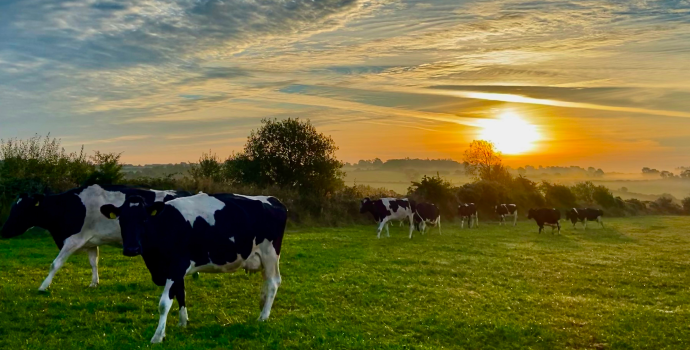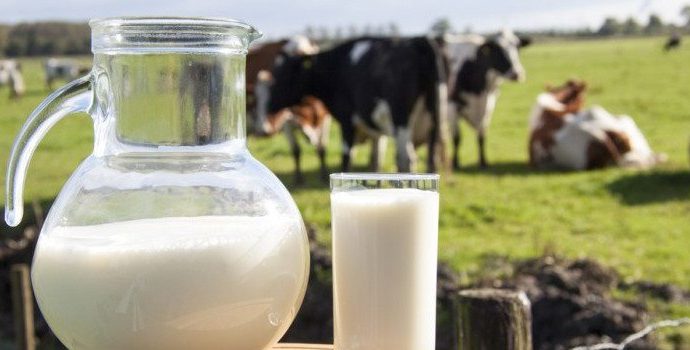Invest in Agriculture to Deliver Economic Growth – IFA Pre-budget Submission

Launching its pre-budget submission in Dublin this afternoon (Wed), IFA has delivered a strong message to Government: continued investment in agriculture is vital to deliver economic growth, increased exports and jobs.
John Bryan said, “While there is positive growth in agriculture, farming remains a low-income sector, with average Farm Income less than €18,000, and tens of thousands of farmers depend on the farm schemes for viability. Farmers have taken very significant cuts in previous budgets. They expect Minister Coveney to defend their sector and prevent any further cuts in farm schemes, which would have a damaging effect on primary agriculture, undermining production and the overall growth potential of the agri-food sector.”
Mr Bryan said, “Government must prioritise funding for the sectors that are growing, and have the potential to contribute further to economic growth. Agriculture is delivering, but can only continue on this path if properly supported. This means the maintenance of funding for vital farm schemes and investment programmes and the retention of key tax measures to support restructuring and investment at farm level.”
Key proposals in the IFA Pre-Budget submission are:
Expenditure
Reopening of AEOS Scheme for all farmers leaving REPS 3;
Retention of funding at current levels for all other farm schemes – Disadvantaged Areas, Suckler Cow Welfare and REPS 4;
Funding for investment schemes – Pig, Poultry, Sheep Fencing and Handling Facilities, Dairy Hygiene and Water Harvesting;
Maintenance of forestry premium and provision of funding for forest roads; and
No increase in farmer levies or cuts in disease eradication schemes
Taxation
No Property Tax on farmland or farm buildings;
Reduction of stamp duty rates on farmland and introduction of CGT relief for farm consolidation to increase land mobility;
Retention of Capital Allowances for Investment; and
No additional Carbon Tax on Marked Gas Oil (Farm Diesel).
Mr Bryan concluded, “The growth in output at farm level and in food exports in 2011 demonstrates the potential of the sector to meet the ambitious targets set out in Food Harvest 2020. A cut in funding for farm schemes or reduction in supportive taxation measures will undermine this growth potential.”




